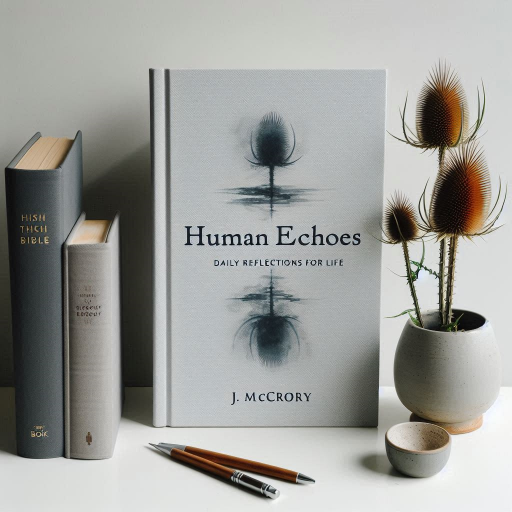Firgun (Hebrew):
The act of sharing in or even contributing to someone else's pleasure or fortune,
with a purely unselfish heart. It is a genuine,
selfless delight and pride in the accomplishments of others.

Image generated with the assistance of Microsoft Word
Firgun and the Path to Happiness
In the lexicon of human experience, certain words transcend linguistic boundaries, embodying concepts that offer us a glimpse into the soul of a culture. "Firgun" is one such word, a Hebrew term that means the genuine joy one feels at someone else's happiness or success. This concept, while culturally specific, taps into a universal truth emphasized in the teachings of Jesus: "Love your neighbour as yourself." Yet, in my encounters with various individuals throughout my life, I've observed a stark contrast between those who embody this spirit and those who do not, particularly among those displaying sociopathic tendencies.
Firgun is not merely an act of passive benevolence but an active engagement in celebrating others without envy or self-interest. It's a concept that feels at home in the teachings of Jesus, who championed love, compassion, and empathy towards all. The failure to practice love in this way, especially when it morphs into sociopathic indifference, reveals a troubling pathway toward isolation and unhappiness.
My reflections on firgun and its absence in certain individuals lead me back to life's encounters with those whose behaviours skewed towards sociopathy—a pattern marked not just by a lack of empathy but by a profound self-interest that views other people's successes as threats or non-events. These individuals displayed a chilling detachment from the joys and sorrows of others, encapsulating a life approach antithetical to firgun.
One might argue that sociopathy is an inborn trait, a wiring of the brain that deviates from the norm. However, the behaviours stemming from this lack can often be observed as choices—choices to ignore the happiness of others, choices to manipulate for self-gain, and choices that inevitably lead to relational ruins. The lack of sharing in the happiness of others, correlates strongly with the unhappy outcomes I've witnessed in these lives. Without the capacity or the will to engage in the joy of others, their world becomes a smaller, self-contained echo chamber of dissatisfaction and unfulfillment.
Contrast this with those who practice kindness. These individuals seem to live in a richer, more expansive world—a world where others' victories are celebrated as if they were their own. This worldview not only fosters a positive external environment but also cultivates an internal sense of peace and contentment. There is a profound psychological benefit to this practice, echoing the Christian ideal of loving and valuing others genuinely. The outward expression of firgun often returns to the giver, multiplied and enriched.
From a personal standpoint, embracing this quality has been transformative. Over time, inspired by biblical teachings and the selfless examples of those around me, I began to practice this quality, initially as a discipline, then as a heartfelt approach to life. The change was palpable: relationships deepened, my community ties strengthened, and a profound sense of happiness and fulfilment replaced the hollow echo of my previous discontent.
In conclusion, the spirit of firgun and the teachings of Jesus converge on a fundamental truth about human behaviour: we are designed to live in community, to share in each other's joys, and to love our neighbours wholeheartedly. My experiences have shown me that those who reject this path, especially out of sociopathic inclinations, find themselves walking a lonely road, marked by relational failures and personal despair. In contrast, those who embrace the joy of others discover a life marked by fulfilment and deep, lasting happiness. In the end, it is is not just a word but a way of life, offering a path that aligns closely with the wisdom of loving one's neighbour—an endeavour that, when embraced, leads to the richest of human experiences.
